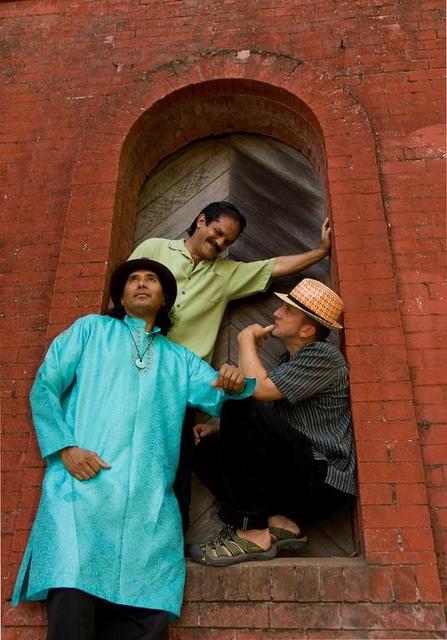What, If Anything, Does The Term “World Music” Mean To You?
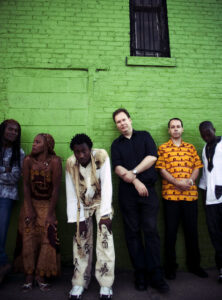 Burkina Electric
Burkina Electric
 Frigg
Frigg
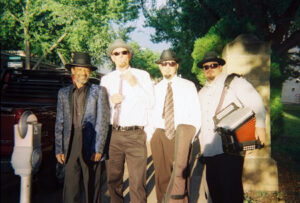 Felix Y Los Gatos
Felix Y Los Gatos
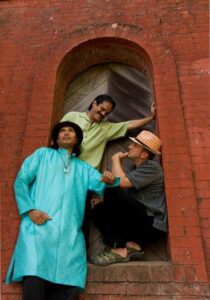 Baraka Moon
Baraka Moon
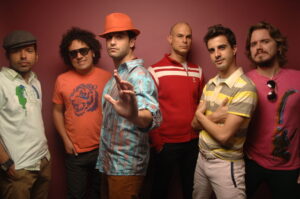 Los Amigos Invisibles
Los Amigos Invisibles





